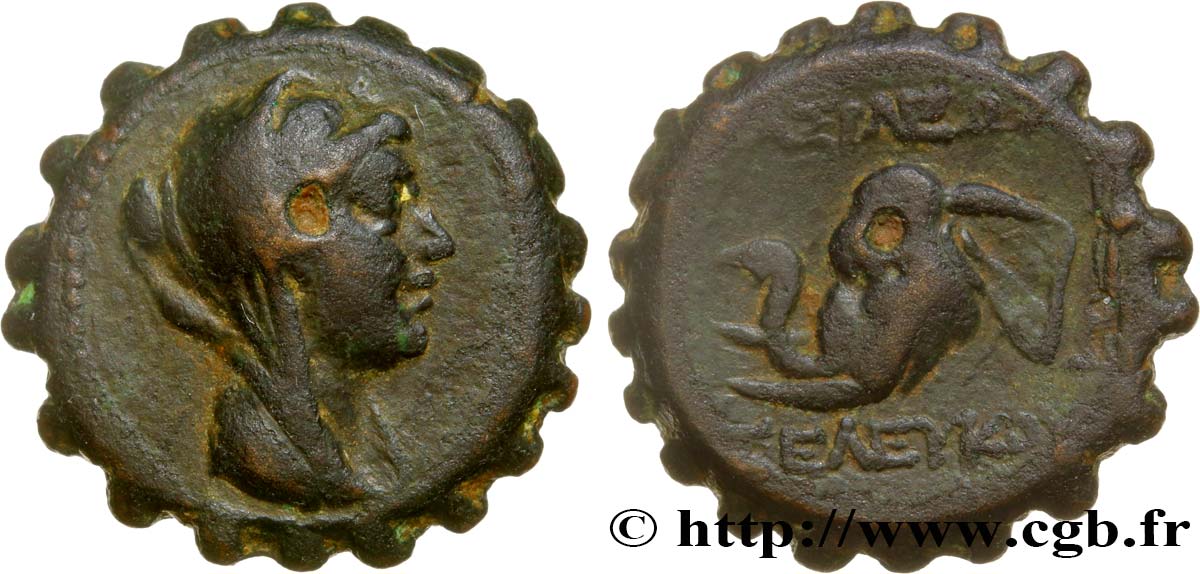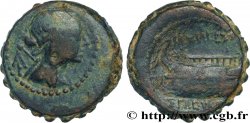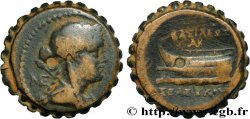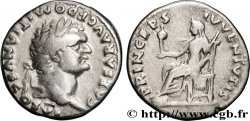Live auction - bgr_401504 - SYRIA - SELEUKID KINGDOM - SELEUKOS IV PHILOPATOR Hemichalque
You must signin and be an approved bidder to bid, LOGIN TO BID. Accounts are subject to approval and the approval process takes place within 48 hours. Do not wait until the day a sale closes to register. Clicking on "BID" constitutes acceptance of the terms of use of cgb.fr private live auctions.
Bids must be placed in whole Euro amounts only. The sale will start closing at the time stated on the item description; any bids received at the site after the closing time will not be executed. Transmission times may vary and bids could be rejected if you wait until the last second. For further information check the Live auction FAQ
All winning bids are subject to a 18% buyer’s fee.
All winning bids are subject to a 18% buyer’s fee.
| Estimate : | 550 € |
| Price : | no bid |
| Maximum bid : | no bid |
| End of the sale : | 02 May 2017 14:15:30 |
Type : Hemichalque
Date: c. 187-175 AC.
Mint name / Town : Antioche, Syrie, Séleucie et Piérie
Metal : copper
Diameter : 15,5 mm
Orientation dies : 12 h.
Weight : 3,36 g.
Rarity : R1
Coments on the condition:
Exemplaire sur un petit flan bien centré. Très beau buste de la reine. Revers inhabituel. Jolie patine vert foncé
Catalogue references :
Predigree :
Cet exemplaire a été acquis en 2007 et provient de la collection François Charrin
Obverse
Obverse description : Buste voilé de Laodike IV à droite; monogramme derrière la tête ; grènetis circulaire.
Reverse
Reverse description : Tête d’éléphant à gauche ; au-dessous, une proue de navire à gauche.
Reverse legend : BASILEWS/ SELE-UKOU DI
Reverse translation : (du roi Séleucus).
Commentary
Dénomination C, serratus (dentelé). Trou de centrage de chaque côté.
Name C, serratus (serrated). Centering hole on each side
Name C, serratus (serrated). Centering hole on each side








 Report a mistake
Report a mistake Print the page
Print the page Share my selection
Share my selection Ask a question
Ask a question Consign / sell
Consign / sell
 Full data
Full data












